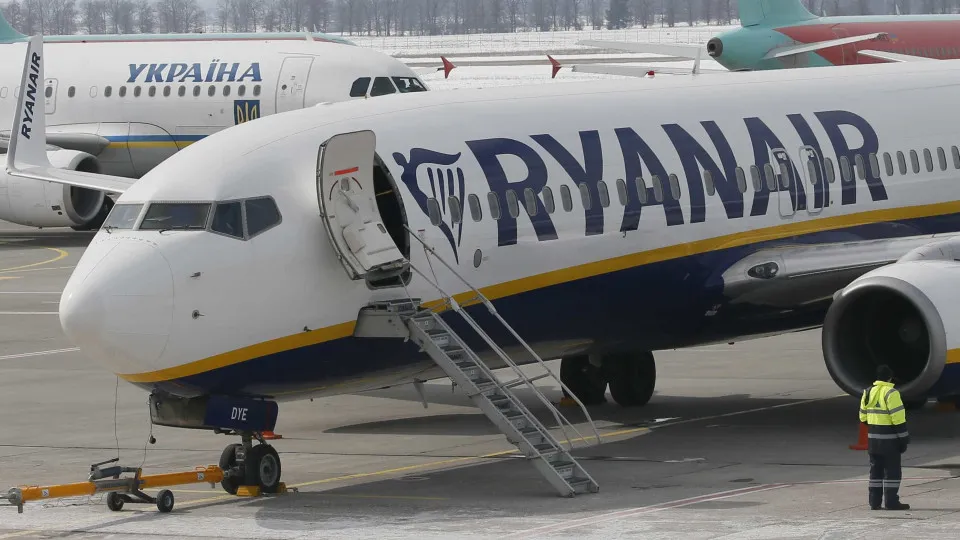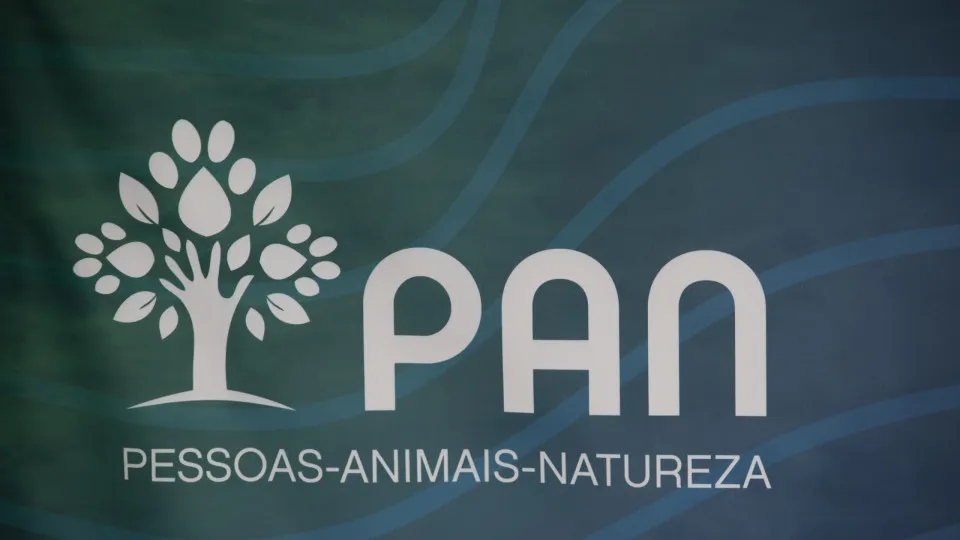
In a press release accompanied by an audio statement, an opposition deputy stated that “after 10 years of year-round operations, one of Europe’s most remote regions is now losing direct low-cost connections, particularly to Lisbon and Porto, amid high airport costs and political inaction.”
The deputy attributed the situation to the Regional Government (PSD/CDS-PP/PPM), condemning their “complicity through omission and political alignment with ANA and the national government.” The statement described the Azorean executive’s response as a “regrettable display of inertia.”
Ryanair announced today that it will cease all flights to the Azores starting March 2026, citing high airport charges and “government inaction” as the reasons for its decision.
The airline had previously threatened to withdraw its routes connecting Lisbon and Porto with the islands of São Miguel and Terceira and had already reduced the number of flights on these routes in 2023.
In September, Ryanair CEO Michael O’Leary, speaking in Lisbon, introduced four new routes in Portugal for the winter, originating from Porto, Faro, and Funchal. According to some reports, the airline—which operates four bases in Portuguese airports including Porto, Lisbon, Faro, and Madeira—had already requested the reopening of its base in Ponta Delgada, the largest city in the Azores located on São Miguel Island.
The regular connections between the archipelago and Lisbon and Porto are also serviced by other airlines, Azores Airlines (part of the SATA Group) and TAP. Inter-island flights are solely operated by SATA Air Azores.
Marlene Damião noted that just eight days ago, the Regional Government “posed alongside ANA, praising expansion plans” but without addressing the impact of the fees and policies that Ryanair claims have made operations in the Azores unsustainable.
The socialist deputy urges the Azorean government to “immediately take steps to ensure Ryanair’s continued operation in the region.”
Marlene Damião advocates for “immediate actions from the Regional Government in collaboration with the national government and ANA to maintain air links and ensure alternatives that protect the region, residents, and the economy.”
“This is an issue too important for the Azores to be met with silence and passivity,” she remarked.




